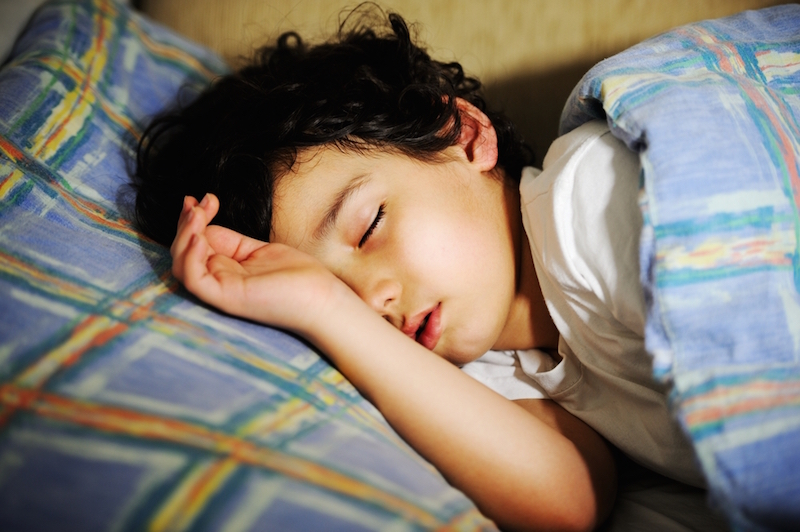What Is Sleep? Contest Winners Explain Science of Zzzz's

NEW YORK — Five months ago, actor Alan Alda joined 11-year-olds around the world in asking scientists a seemingly simple question: What is sleep?
More than 200 researchers responded with videos, images and essays explaining the science of sleep to thousands of 11-year-old judges. The winners, announced Sunday (May 31) here at the World Science Festival, joked about dreaming of mutant ninjas and playing the video game "Destiny" late into the night, but also explained how sleep helps the brain heal the body, as well as organize and strengthen skills learned throughout the day.
"While we sleep, our brain strengthens and rearranges … connections to help us remember things more quickly and easily when we are awake," wrote the winning essayist, Brandon Aldinger, a Pennsylvania-based materials scientist who designs armor for soldiers. "So, the next time your mom or dad yells, 'Wake up! It's time to go to school!' you can explain to them that you were actually still studying from yesterday!" [See the winning video for the sleep challenge]
Health physicist Eric Galicia, of Des Plaines, Illinois, won the video entry for his goofy and engaging video berating a sleep-deprived "Destiny" player for skipping his zzz's. More than 20,000 11-year-olds from countries such as the United States, Australia, China, Pakistan, Kuwait and the United Kingdom watched his video and others, and voted for their favorite.
Alda, known for his roles in the TV shows "M*A*S*H" and "The West Wing," thanked Aldinger, Galicia and the other contestants, congratulating them for captivating the public — especially the young judges — with complex but compelling science.
The Alan Alda Center for Communicating Science, at Stony Brook University in New York, began the contest in 2011, when Alda first challenged scientists to explain, "What is a flame?" to 11-year-olds. Other questions have included "What is time?" and "What is color?"; children ages 10 to 12 can submit questions for next year's challenge on the Flame Challenge website.
Sleep a wink
Sign up for the Live Science daily newsletter now
Get the world’s most fascinating discoveries delivered straight to your inbox.
Each of the winning scientists received a $1,000 prize and a free trip to New York City. There, they joined Alda and four sleep experts, who explained their work on sleep and dreams to an audience of about 800 people at the World Science Festival.
Robert Stickgold, an associate professor of psychiatry at Beth Israel Deaconess Medical Center and Harvard Medical School, reeled through the myriad benefits of sleep. For one, the body releases hormones during sleep that help children grow, he said. Sleep also helps with immunity; people who are sleep-deprived after receiving the flu vaccine get only about half of its protection compared to people who got a full night's sleep, he added.
"Sleep is great," he said. "It makes you feel energetic and awake. It makes your brain work better."
Neuroscientist and dream researcher Matthew Wilson and neuroscientist Paul Shaw explained how work on rats and fruit flies helps researchers understand how important sleep is for learning, memory strengthening and healthy development.
But sleep researcher Mary Carskadon explained how modern technology, such as smartphones and video games, is pushing back bedtimes and making kids (and adults) sleepy during the day.
"Have a bedtime that gives you enough time to get plenty of sleep," Carskadon said. "Moms and dads, all these things go for you, too. It's not just the kids who need to have a break between our busy days and our restful nights."
Follow Laura Geggel on Twitter @LauraGeggel. Follow Live Science @livescience, Facebook & Google+. Original article on Live Science.

Laura is the archaeology and Life's Little Mysteries editor at Live Science. She also reports on general science, including paleontology. Her work has appeared in The New York Times, Scholastic, Popular Science and Spectrum, a site on autism research. She has won multiple awards from the Society of Professional Journalists and the Washington Newspaper Publishers Association for her reporting at a weekly newspaper near Seattle. Laura holds a bachelor's degree in English literature and psychology from Washington University in St. Louis and a master's degree in science writing from NYU.










